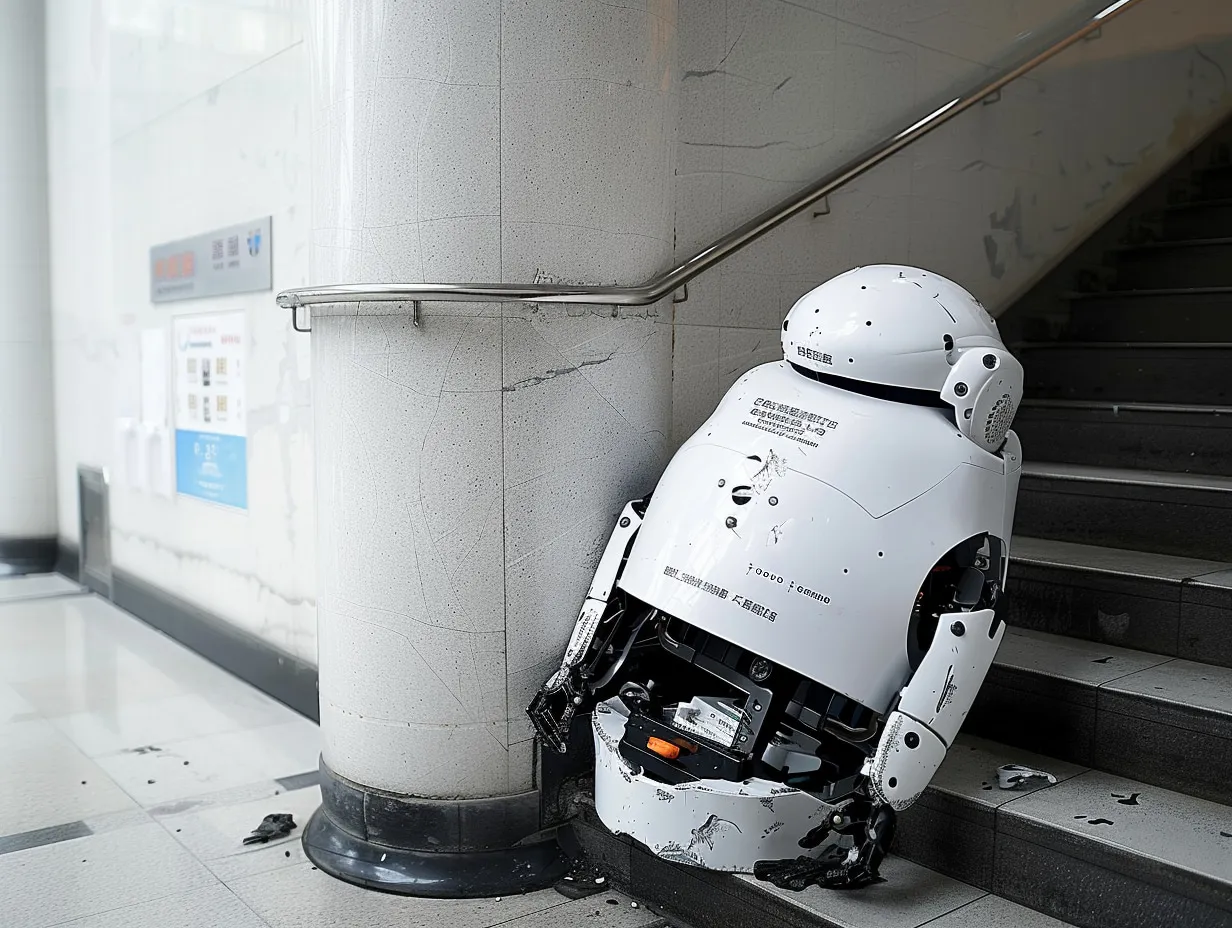OpenAI, the forefront leader in artificial intelligence research and development, has rolled out a game-changing enhancement to its platform: Multi-Factor Authentication (MFA). This long-awaited feature aims to bolster the security of user accounts across various OpenAI services, including ChatGPT, the API Platform, and Labs.
What is multi-factor authentication?
Multi-factor authentication, commonly abbreviated as MFA, provides an additional layer of security beyond the traditional username-password combination. With MFA enabled users are required to provide a verification code generated by an authenticator app alongside their password during the login process. This two-step verification significantly mitigates the risk of unauthorized access, even in the event of a password compromise.
How does it work
Enabling MFA is a straightforward process accessible through the settings menu of both ChatGPT and the OpenAI developer platform. Upon activation, users are guided through the setup procedure, which involves linking their account to an authenticator app such as Google Authenticator. During setup, users scan a QR code provided by OpenAI and enter the one-time code generated by the authenticator app. Additionally, users are issued a recovery code, serving as a failsafe in case access to the authenticator app is lost.
Enhanced security across All openAI services
OpenAI emphasizes that MFA applies universally across its services, ensuring a standardized level of account protection. Once MFA is activated, users can only log in using the enrolled authentication method. Should users wish to switch to an alternative authentication method, they must first disable MFA and then re-enable it with their preferred option. This stringent approach enhances security while offering users the flexibility to manage their authentication preferences.
Fortifying account security
The implementation of MFA aligns with OpenAI’s commitment to safeguarding user accounts against malicious activities. By introducing an additional verification step, MFA drastically raises the bar for potential attackers, making unauthorized access significantly more challenging. This proactive measure underscores OpenAI’s dedication to prioritizing user security and fostering a trustworthy environment for its community.
The introduction of Multi-Factor Authentication by OpenAI represents a pivotal advancement in account security across its platform. By requiring a secondary verification step, users can rest assured that their accounts are fortified against unauthorized access attempts. With MFA seamlessly integrated into the login process, OpenAI continues to uphold its reputation for innovation while prioritizing user safety and security.
With MFA now in place, users can confidently engage with OpenAI’s suite of services, knowing that their accounts are shielded by an added layer of defense. As technology evolves, OpenAI remains steadfast in its commitment to maintaining the highest standards of security, empowering users to explore the boundless possibilities of artificial intelligence with peace of mind.





